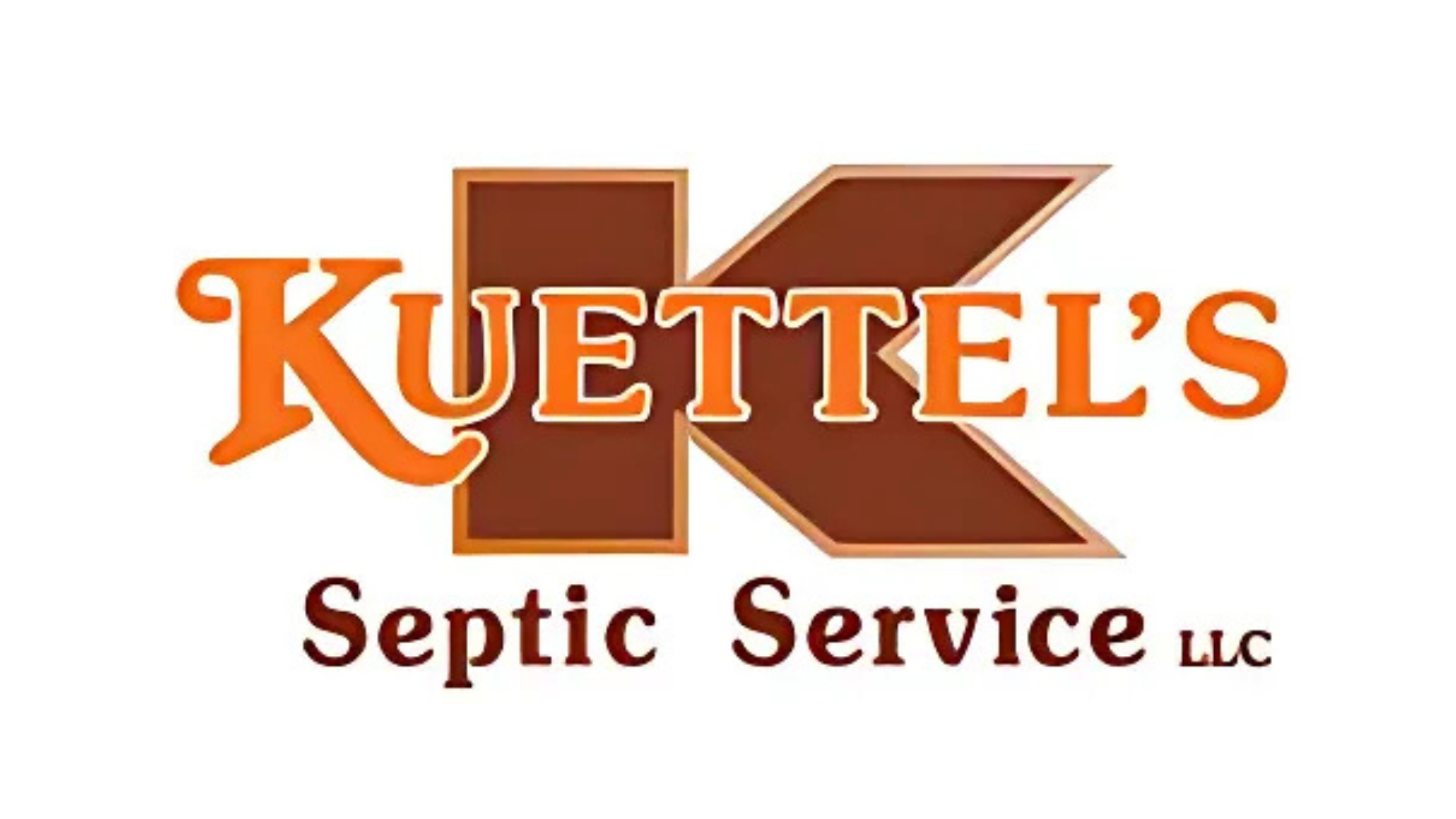Three-Year Maintenance: Inspection vs. Full Pumping Service
Have you received notice from your county that your three years are up? Perhaps you’ve heard about companies advertising 3-year county maintenance inspections for a fraction of the cost of pumping… There are only a few very specific situations where this would apply. The statewide law that requires 3-year maintenance on septic systems states that […]
Do Garbage Disposals Affect a Septic System?
While garbage disposals may be useful to have in the kitchen, misuse can create unexpected issues. Depending on how it’s used, it can deliver large amounts of water to the system. But even more than that, the solids delivered through the garbage disposal don’t settle properly in the septic tank. Bone fragments and other materials […]
Septic System vs. Holding Tank- Part 2
As discussed in our previous post, one of the first steps to understanding the septic service world is understanding the difference between a septic system and a holding tank. Now we will discuss the basics of septic systems… First of all, there are different “types” of septic systems (such as conventional, mound, at-grade, in-ground pressurized) […]
A Commonly Asked Question…
In our business, a sure sign that summer is on its way begins this time of year — homeowners start receiving notice that their septic system is due for it’s regular pumping and maintenance. (Here in Wisconsin, each county requires systems to be pumped and visually inspected at least once every 3 years.) That means a lot of […]

